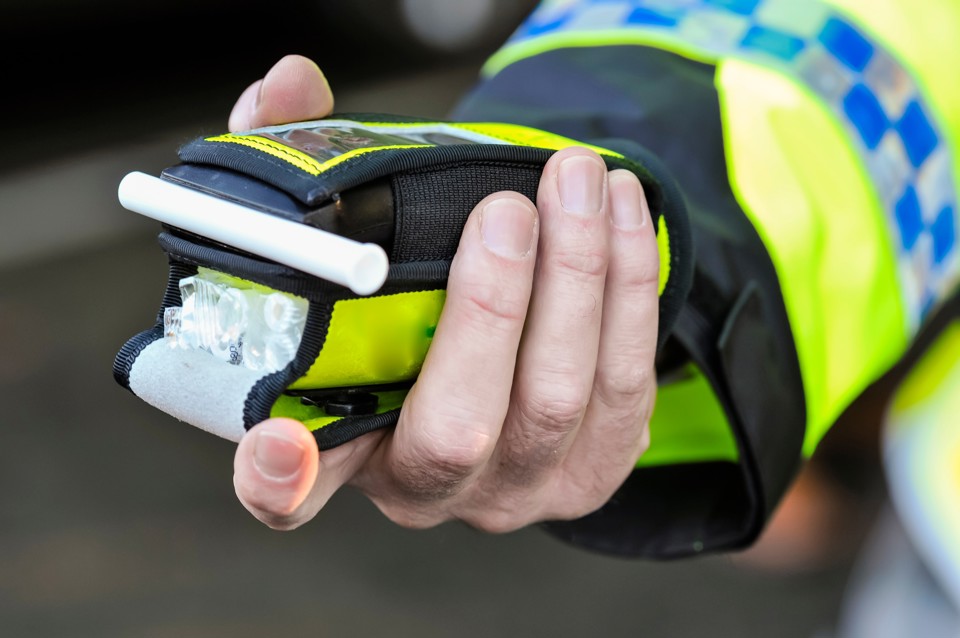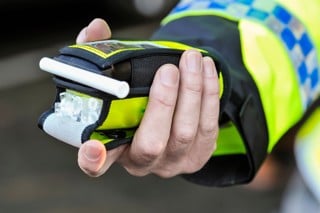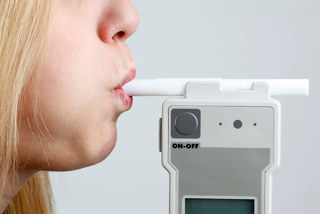The Parliamentary Advisory Council for Transport Safety (PACTS) is calling for drink driving laws to be overhauled, including a reduction in the legal limit.
A new report – Drink Driving, Taking Stock, Moving Forward – published by the road safety group, shows the scale of the problem, with drink driving one of the biggest causes of road deaths (13%). In the past decade, 240 people have been killed each year where a driver was over the limit.
Furthermore, almost one in five (17%) drink drive offences is committed by a reoffender, while levels of police enforcement have decreased by 63% since 2009.
David Davies, Executive Director of PACTS, said: “After 10 years of declining levels of enforcement and social media campaigns aimed at young men, it is time for a new, more comprehensive approach to reducing the toll of drink drive deaths and injuries.”
PACTS says that there are clear weaknesses in the current system.
The study includes 30 in-depth interviews with drink drivers, showing the complex mental health and alcohol problems that some of them suffer.
As a result, it says that current arrangements are not enough to help them or to deter them from drink driving again.
Covid-19 is also likely to have worsened the risks as alcohol consumption, mental health pressures and traffic speeds have all increased, as other countries have reported increases in road deaths during lockdown periods, partly due to drink driving.
Drink drivers are also more likely to have a criminal record than the general driving population and according to Government data, reoffending is a major concern.
Since 2010, 32,025 people committed a drink drive offence with a previous drink/drug drive offence on their record – 7% of those people who committed a drink/drug drive offence.
Furthermore, 107,913 drink drive offences were committed by someone with a previous drink/drug driving offence on their record – 17% of drink/drug drive offences.
One driver was charged with driving or attempting to drive with alcohol level above the limit with eight previous drink/drug drive offences on their record.
Another committed the offence ‘driving or attempting to drive with drug level above the specified limit’ when they had 18 previous drink- and drug-driving offences.
The police are also increasingly detecting drivers who have combined drink and drugs, which can be dangerous at levels below the current breath test limit.
The PACTS report recommends:
- Mandatory breath testing powers for the police and the reduction in enforcement levels to be reversed.
- Increased penalties for drivers who combine drink and drugs.
- Specialist rehabilitation courses for those with mental health and alcohol problems.
- A lower breath test limit for England and Wales.
- Reforming the High-Risk Offender Scheme
Davies said: “Drink driving is often cited as a road safety success story, yet it remains a major killer and progress has ground to a halt since 2010. Not only is better enforcement important but also the problems of mental health and alcohol dependency need to be recognised.
“The problem is not a simple one of law enforcement. It requires a more comprehensive approach.
“The legal limit should be reduced in England and Wales, police should be given additional powers to test drivers, the High Risk Offender Scheme should be reformed, rehabilitation courses should be designed for those with mental health and alcohol problems, and the growing danger of combining drink and drugs driving needs to be addressed.
“Scotland introduced a reduced drink drive limit in 2014, in line with most other countries in Europe. It has been accepted by the public; it has not significantly impacted pubs and restaurants or overloaded the police or the courts. Northern Ireland plans to go further, with a zero limit for novice and professional drivers.”
He continued: “A lower limit is not a magic bullet but government polices to reduce drink driving will lack credibility as long as they avoid this change.”
RAC road safety spokesman Simon Williams said that the report moves the debate on when it comes to drink-driving in the UK.
“The plain fact is that there has been virtually no progress in reducing drink-driving deaths for nearly a decade, so something different clearly needs to be done.
"Arguably, given that England and Wales now have the dubious distinction of having the most lenient drink-drive limit in Europe, there is also a good case for the Government to examine the merits of bringing it down. A lower limit is something our research shows the majority of drivers would be in favour of.”
On reoffending, Williams believes this needs to be tackled as a matter of urgency. “A year and a half ago the Government said it was looking at the benefits so-called ‘alcolocks’ to reduce reoffending, so it is high time a clear plan was put together that sets out how this technology will be now introduced to reduce future deaths,” he said.
“Ongoing issue around enforcement and giving the police the resources they need also needs attention, especially as the report shows drink-driving goes hand-in-hand with drug-taking.”

























Edward Handley - 29/01/2021 12:48
England and Wales may well have the highest drink drive limit in Europe, but we also have one of the most severe penalties for exceeding the limit, a mandatory 12 month driving ban. In France the limit may 50 mg in blood (80 mg in England & wales) but driving bans start at 7 days. There is no significant evidence that lowering the limit will reduce crashes and deaths. Scotland lowered their limit from 80/35 to 50/22 which according to the theory should have reduced crashes and deaths, but in practice there is no evidence of the significant improvement expected. All lowering the limit will do is to result in more people getting banned for driving the "morning after". We know why the fall in drink driving crashes and deaths has stalled, its because there has been a serious fall in roads policing. Its not just drink drivers that Traffic Police catch, they also reduce speeding, tailgating, aggressive behaviour, etc., and Traffic Police have the highest arrest rate of all Police, because criminals use vehicles, and often drive badly. The reduction in Traffic Police is an all round bad thing and all the other measures being proposed are a complete waste of time unless the Government fund Traffic Policing properly